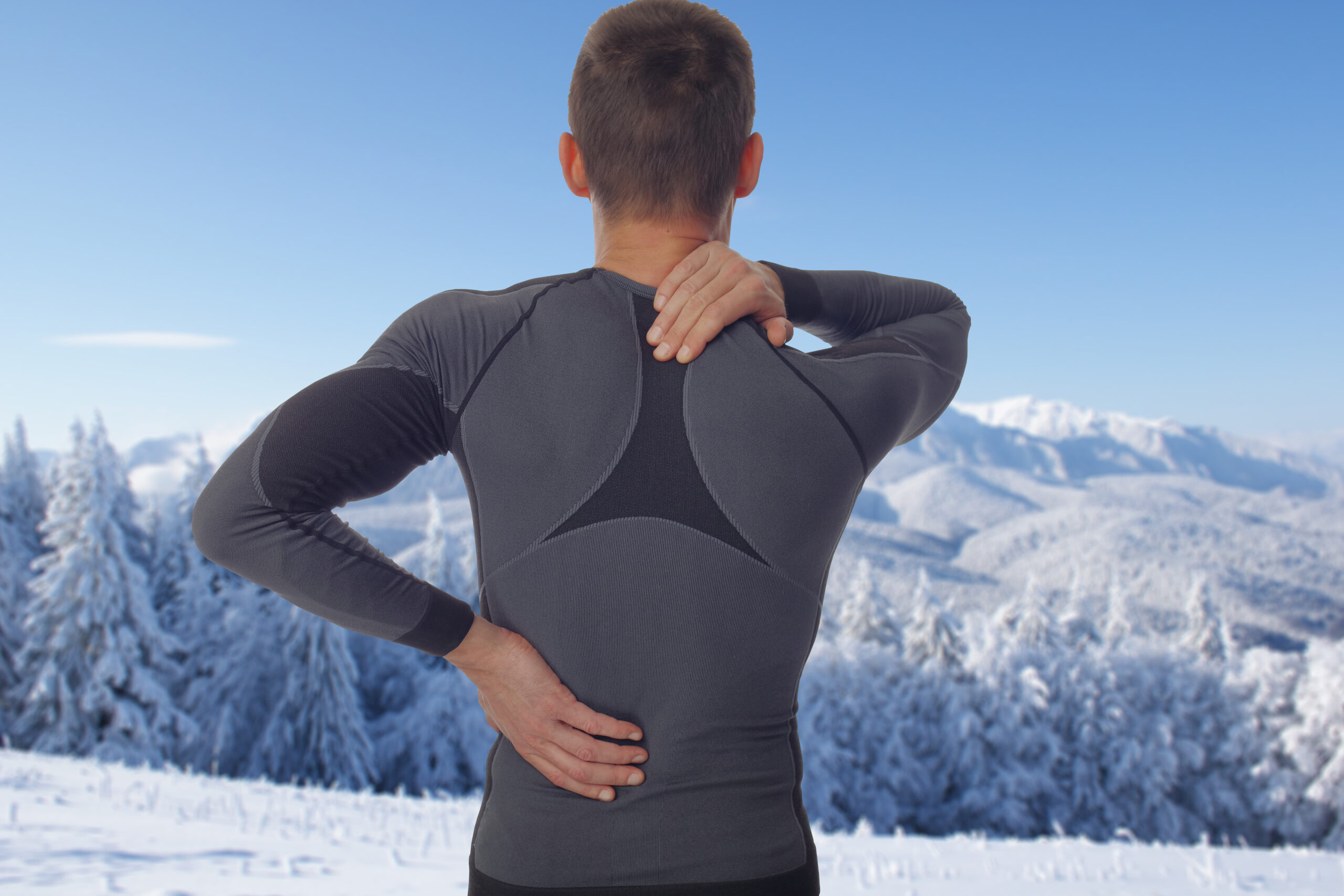The Effects of Cold Weather on Back Pain
Cold weather significantly impacts back pain, a common condition among many people. Understanding this relationship is crucial for managing and preventing discomfort during colder months. The effects of cold weather on back pain encompass various aspects, including physiological responses, exacerbation of existing conditions, and lifestyle changes.
Physiologically, cold weather leads to increased muscle tension as muscles contract more to conserve heat. This results in stiffness and pain, particularly in the back and neck, with muscles becoming less flexible and more prone to injury. The cold also causes blood vessels to constrict, reducing blood flow and slowing down the healing process in the back. Moreover, nerves may become more sensitive in the cold, heightening pain perception, especially in conditions like sciatica.
Existing conditions such as arthritis, which often affects the spine and back, can worsen in cold weather. The drop in barometric pressure accompanying colder climates can expand tissues and increase joint pain, exacerbating back discomfort. Previous back injuries may also become more sensitive to weather changes, leading to increased pain.
Lifestyle changes during cold weather also play a significant role. Reduced physical activity leads to muscle weakness, particularly in core and back muscles, critical for spinal support. Lack of exercise contributes to weight gain, putting additional strain on the back. Moreover, heavy winter clothing and boots can alter walking and standing patterns, leading to poor posture and additional strain on the back.
To manage cold weather back pain, several strategies can be employed. Keeping the back and muscles warm is essential, using clothing layers and heating pads to maintain muscle flexibility. Regular exercise, especially activities strengthening core and back muscles, is crucial. Paying attention to posture, even when wearing heavy winter clothing, and ensuring ergonomic setups at home and work can prevent additional strain. Over-the-counter pain relievers, massage therapy, and acupuncture are useful for pain management, but it’s important to consult healthcare professionals before starting any new treatment. Vitamin D supplementation might be beneficial due to reduced sunlight in winter, leading to vitamin D deficiency linked to increased pain sensitivity. Additionally, staying hydrated is important, as dehydration can exacerbate muscle stiffness.
In conclusion, the effects of cold weather on back pain are influenced by a combination of physiological changes, exacerbation of existing conditions, and lifestyle shifts. By adopting appropriate strategies like staying warm, maintaining physical activity, and practicing good posture, individuals can mitigate these effects. However, consulting healthcare professionals for personalized advice and treatment is always advisable.
